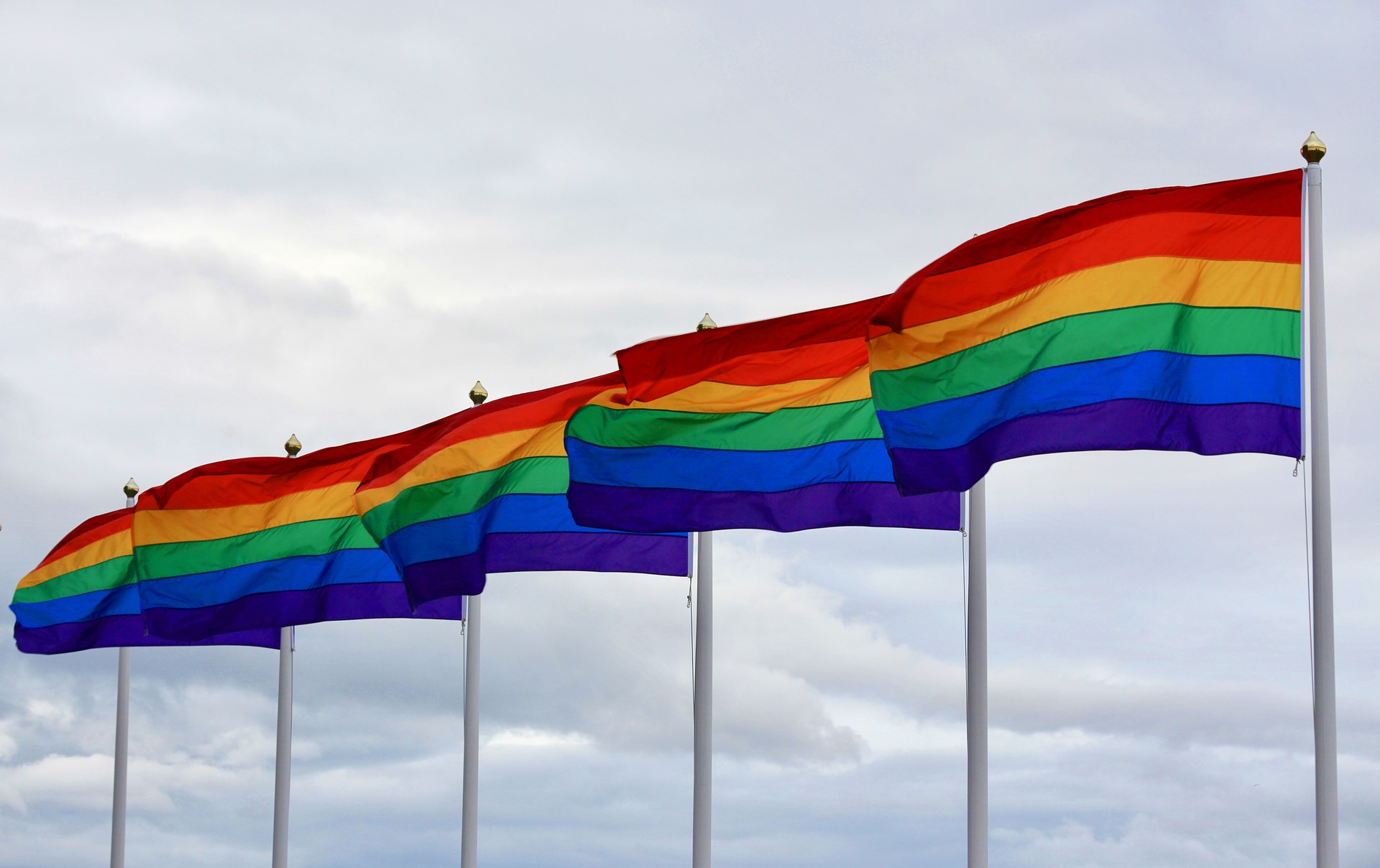‘Don’t Say Gay’ bill raises student, faculty concerns for younger generations

Upon hearing about the Parental Rights in Education bill — nicknamed the “Don’t Say Gay” bill — Isaiah Bates, junior philosophy major and vice president of the Pride Alliance at USF, grew concerned when thinking of how the bill would take away from queer students’ safe space.
“A lot of that comfort is going to disappear,” he said. “A lot of people will be ashamed, just because there’s not that normalization aspect.
“Not only does it hurt the queer kids, but it also hurts a lot of straight kids. So they grow up not being able to be an ally. They grow up ignorant of other things.”
Senate Bill 1834 outlines that information regarding child-specific information school personnel is aware of would have to be shared to the parents. It would also limit how sexual orientation and gender identity are discussed in the classroom of primary grade levels.
Gender and sexuality is taught at young ages in school, it’s just not necessarily part of the curriculum, according to professor Milton Wendland.
“I fear this bill, by saying we can’t discuss these things openly and honestly, may actually be teaching a lesson … that these are things we do not talk about,” he said.
The bill passed through the final Florida Senate committee Monday with 12 “yeas” and eight “nays.” Next, it is moving to the Senate floor for a vote.
The Florida Senate first voted in favor of the bill Feb. 8, allowing it to proceed to the House for review and approval.
Bill Sponsor Joe Harding, a Republican member of the Florida House of Representatives, put forth an amendment Feb. 18.
It stated that any personal information regarding the sexual orientation of students that school personnel were aware of would have to be shared with their parents. This would require school principals to “develop a plan to disclose such information within six weeks after the decision to withhold such information from the parent.”
He withdrew the amendment Feb. 22, shortly before the House Q&A session began, according to News Channel 8. During the short time the amendment was proposed, it gained lots of attention online and across numerous social media platforms.
While the bill is directed at primary level students, students in high school and college can potentially start seeing repercussions as the younger generation of students progress through schooling, according to Wendland.
“It really just delays conversations that we need to be having at very early ages. It really creates a lot of difficulties for them when they enter high school and college,” he said. “That’s an incredible burden to put on someone, especially if they don’t have familial support, faith or community support.
“Those are times when we’re supposed to be focusing on education and thinking about our careers. [They] have to catch up and think about their identities, gender and sexual identities.”
Bates believes the bill will change the safe environment students previously had at school. He said he is concerned that when younger generations get to college they will not have the chance to express themselves until they are exposed to more information later.
“College really is that first time that people will be able to see something different, which is a little too late,” Bates said. “At this point, a lot of people have grown into adults and their childhood has been robbed from them.
“They weren’t able to be themselves because they were stuffed in this closet.”
The restriction might lead to more people being curious at all levels, seeking information at public libraries, in their communities and at universities to get more information on gender identity and sexuality, according to Wendland.
Though he has high hopes, Wendland also has concerns that, if the bill and others like it do pass, they will impact certain departments at universities in the future, such as his own — Women’s and Gender Studies.
Not only would departments take a hit, but he said it could affect his current students going into teaching careers at schools in Florida.
“I have a lot of students who are going on to become teachers, educators, counselors, social workers, who work with young people, and this will limit their availability to do their jobs effectively,” Wendland said.
As a member of the LGBTQ community, Bates is concerned about what the bill means for his future and potentially his future children.
“My biggest fear is my children learning to hate themselves or learning to hate other people,” Bates said.
“Although I will not teach that, the school is responsible for also teaching them things, and the lack of teaching is also teaching them. The lack of accessibility teaches people that that shouldn’t be accepted. You don’t have to say something to say something.”








